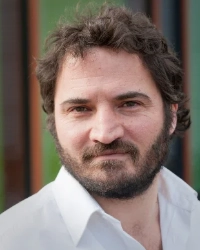 Pablo Tittonell is Professor of Agroecology and Sustainable Landscapes at the University of Groningen, holding a WWF-endowed Chair on Resilient Landscapes at the Groningen Institute of Evolutionary Life Sciences. He is also a Senior Associate Researcher at CIRAD (France) and an Honorary Member of Argentina’s National Science Council (CONICET). Previously, he coordinated Argentina’s national program on Natural Resources and Environment and was Chair Professor at Wageningen University. With a background in agronomy and a PhD in Production Ecology, his expertise spans agroecology, soil fertility, biodiversity, and systems analysis. His work focuses on human–nature interactions, multifunctional landscapes, and adaptation to global change. He has led and contributed to international research projects across Africa, Latin America, Europe, and Asia, and began his career at TSBF-CIAT in Kenya and the University of Zimbabwe.
Pablo Tittonell is Professor of Agroecology and Sustainable Landscapes at the University of Groningen, holding a WWF-endowed Chair on Resilient Landscapes at the Groningen Institute of Evolutionary Life Sciences. He is also a Senior Associate Researcher at CIRAD (France) and an Honorary Member of Argentina’s National Science Council (CONICET). Previously, he coordinated Argentina’s national program on Natural Resources and Environment and was Chair Professor at Wageningen University. With a background in agronomy and a PhD in Production Ecology, his expertise spans agroecology, soil fertility, biodiversity, and systems analysis. His work focuses on human–nature interactions, multifunctional landscapes, and adaptation to global change. He has led and contributed to international research projects across Africa, Latin America, Europe, and Asia, and began his career at TSBF-CIAT in Kenya and the University of Zimbabwe.
Pablo has authored over 170 scientific articles (H-index 45), contributed to the IPBES report, and serves as an editor and advisor to international organizations including FAO and CGIAR. He has also trained numerous PhD students and postdocs globally.


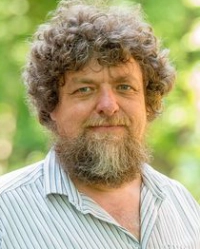
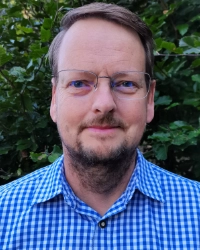
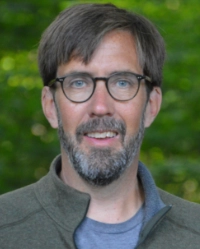

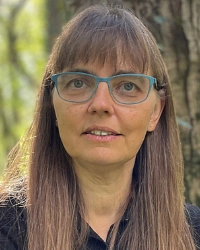


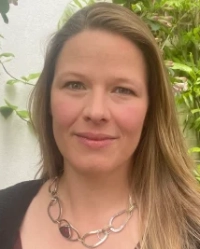
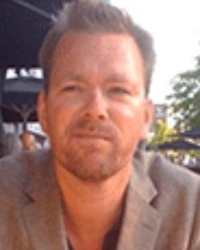


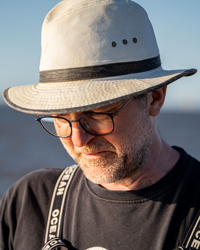
 Jean-Christophe Billeter is a neurogeneticist investigating the mechanistic basis of social behavior, focusing on how genetic and environmental factors interact to shape brain function. His research integrates molecular, cellular, and evolutionary approaches to understand how social interactions influence physiology and behavior. Billeter's early work in the labs of Jeff Hall (USA) and Stephen Goodwin (UK) explored the genetic programs driving sexually dimorphic neural development in Drosophila melanogaster. He later joined Joel Levine’s lab (Canada) to study how social experiences shape individual behavior and physiology, deepening his interest in the evolutionary mechanisms underlying social interactions.
Jean-Christophe Billeter is a neurogeneticist investigating the mechanistic basis of social behavior, focusing on how genetic and environmental factors interact to shape brain function. His research integrates molecular, cellular, and evolutionary approaches to understand how social interactions influence physiology and behavior. Billeter's early work in the labs of Jeff Hall (USA) and Stephen Goodwin (UK) explored the genetic programs driving sexually dimorphic neural development in Drosophila melanogaster. He later joined Joel Levine’s lab (Canada) to study how social experiences shape individual behavior and physiology, deepening his interest in the evolutionary mechanisms underlying social interactions.